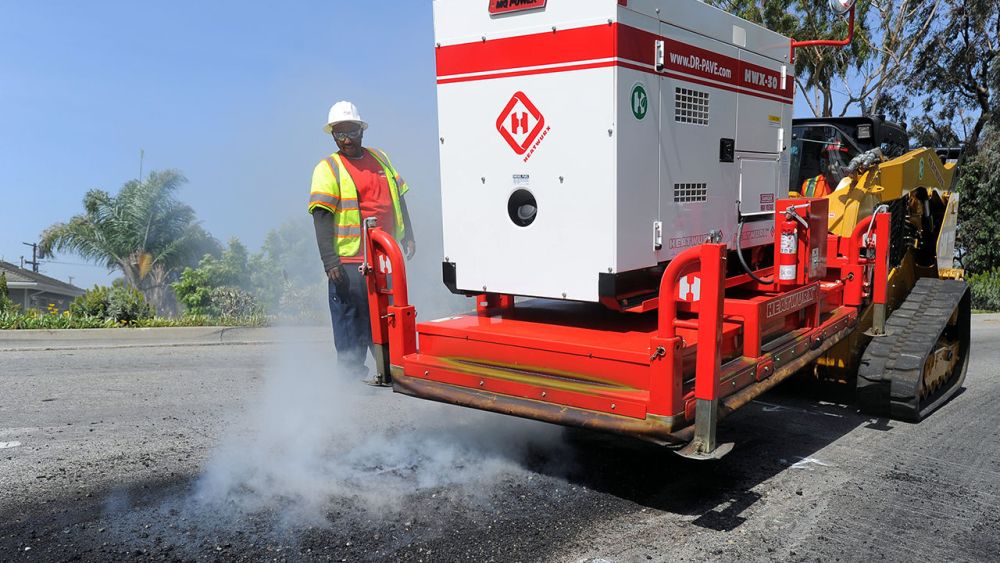Asphalt on Roads Contributes Significantly to Air Pollution, Study Proves
Air pollution is present worldwide, irrespective of its severity. From California to Delhi, Kabul to Cairo – every small and large city of the world is suffering from polluted air. While it was believed that emissions from vehicles and fossil fuel combustion are the major contributors to air pollution, a recent study has revealed that asphalt also significantly contributes to the same.
The study, which was published in the journal Science Advances, was conducted by Peeyush Khare and his colleagues at Yale University. The team placed samples of asphalt into an enclosed furnace to study the emissions in detail. The samples were subjected to temperatures varying from 40 degrees Celsius to 200 degrees Celsius.
As the temperature rose from 40 degrees Celsius to 60 degrees Celsius, total emissions doubled. The pollutants that were released during the process were all carbon-based chemicals, often with 12 to 25 carbon atoms per molecule.

According to a recent study, asphalt on roads and roofs contributes to air pollution | Image: Scott Varley
According to study co-author Drew Gentner from Yale University, many of these compounds are favorable to condensing to form secondary organic aerosol after reacting in the atmosphere. This chain reaction could further form tiny particles called PM2.5, which are one of the most dangerous kinds of air pollution known to humankind.
To explain these observations, we calculated the expected rate of steady emissions and it showed that the rate of continued emissions was determined by the time it takes for compounds to diffuse through the highly viscous asphalt mixture. It’s another important non-combustion source of emissions that contributes to SOA production, among a class of sources that scientists in the field are actively working to constrain better.
says Gentner.
The summer heat and regular exposure to sunlight can also trigger the emissions. Even under controlled conditions, this exposure led to a 300 percent increase in emissions, which is likely to skyrocket amid un-administered situations.
Many can argue that the changing climate is inducing the rise in temperature, hence coercing emissions from asphalt. But, has humankind nothing to be responsible for in this situation? Such questions are relevant and more importantly correct so, as much of the problems leading to the planet’s doom are a result of man’s greed and selfishness.
While the carbon emissions from vehicles are reducing with an emphasis on the use of electric vehicles, many other contributing factors to air pollution are raising heads. If this situation goes unchecked for long, the air on the planet could become unbreathable.
Source: Yale University


